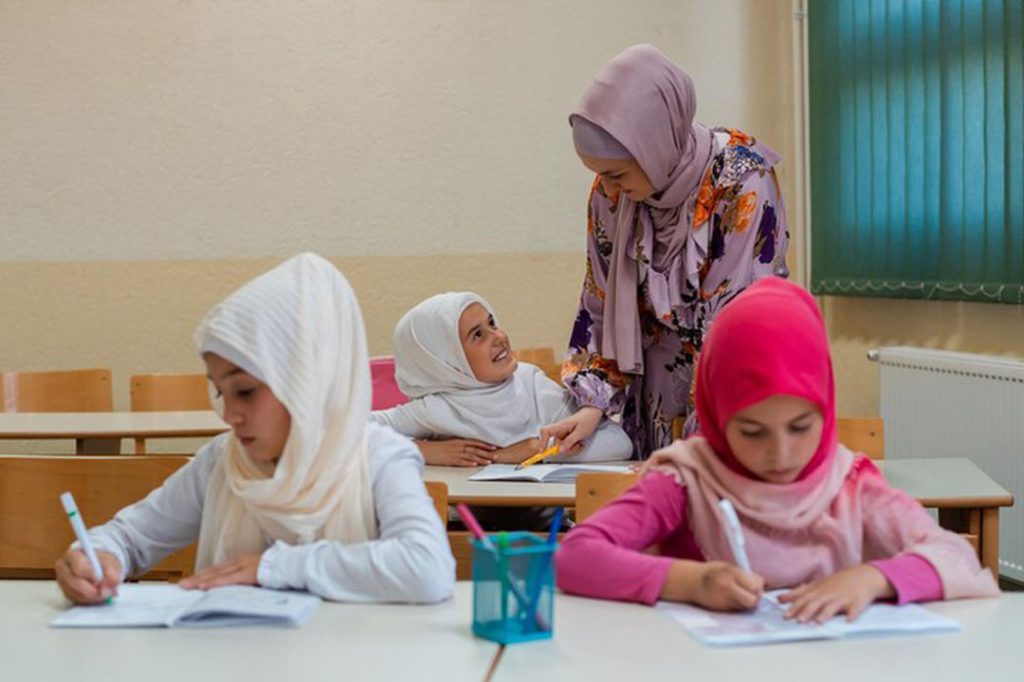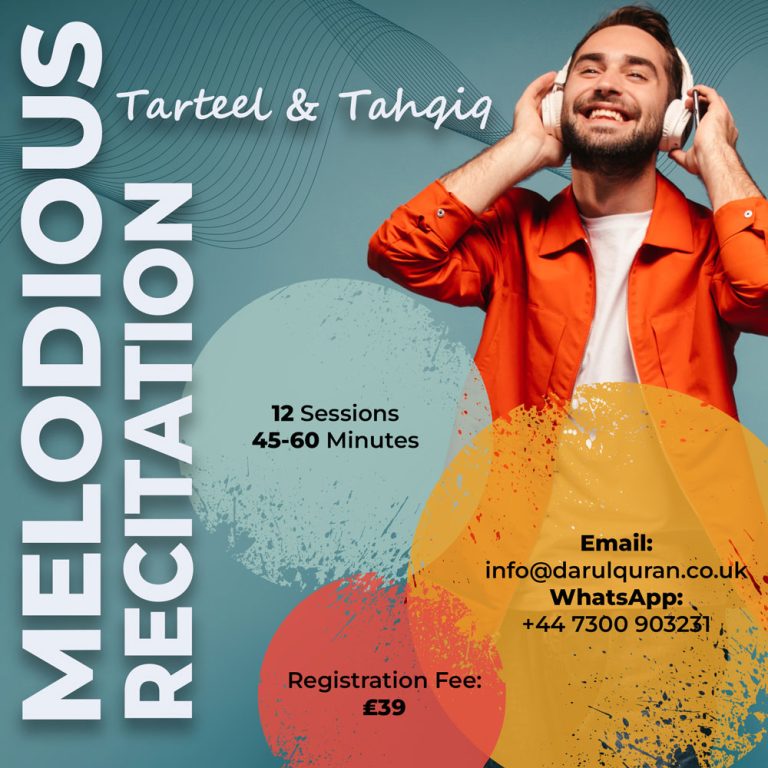The global training of Islamic education for Muslim teachers holds great significance. Here are some of its key aspects:
- Transfer of Islamic Values and Principles: Offering Islamic education to Muslim teachers assists them in conveying Islamic values, principles, and ethics to students. This training empowers teachers to serve as educators and role models, presenting the best examples in the process of education and upbringing.
- Ethical and Spiritual Education:
Islamic education aids Muslim teachers in finding optimal strategies and methods for ethical and spiritual education in students. This includes fostering familiarity with Islamic ethical principles, nurturing individuals committed to Islamic values, and developing self-improvement tools and methods. - Development of Islamic Identity:
Islamic education helps Muslim teachers strengthen their Islamic identity and effectively transfer it to students. This training enables teachers to act as exemplary figures, with an understanding of Islamic values and the lives of Islamic prophets. - Strengthening Ties with Family and Community:
Islamic education supports Muslim teachers in establishing closer connections with religious families and communities. This training enables teachers to collaborate more effectively with families in the educational and upbringing processes, gaining a better understanding of religious and cultural matters.
The DarulQuran Academy is proud to announce the initiation of a free workshop for Muslim teachers in collaboration with a Quranic institution. This workshop is open to all Muslim teachers worldwide with varying levels of experience and expertise who are interested.
Following a survey conducted among Muslim teachers on workshop topics, “Educational Etiquettes” was ultimately chosen as the central theme among topics such as Team Management, Cultural-Management, Cultural-Economy, Communication Management, Islamic Educational Pattern, and Educational Etiquettes. The participating teachers come from countries such as England, the United Arab Emirates, Iran, Tanzania, and Canada
The workshop will cover the following topics:
- The concept and importance of education based on religious teachings (Part 1)
- The concept and importance of education based on religious teachings (Part 2)
- Principles and methods of education
- Characteristics of teachers and trainers
- Factors affecting education and training
- Analysis and review of the stages of education in Islam
The free Islamic education workshop comprises six sessions and began on January 5th, with one session per week held online on Fridays at 6 PM. Three sessions have already taken place, and the remaining sessions will continue in the coming weeks.
This opportunity was provided for all Muslim teachers worldwide to participate in the “Educational Etiquettes” workshop. The participants consider this opportunity highly valuable and hope to strengthen their knowledge and skills in Islamic education, enabling them to convey Islamic principles and values to their students more effectively.








